
Safe Social: How to Protect Your Children on Social Media
1 June 2021
Youth Day: Social Media Safety
16 June 2021Social Media Policy: How, What, & Why
A social media policy is essentially a document which outlines how employees and an organization should be conducting themselves on social and digital media. These policies are more important in our day and age than ever before, due to the immense growth in social media usage. In 2020, over half of the world’s population was already active on social media, with the average number of accounts per person being 8,6. In fact, 8 in 10 employees say that they use social media at work. It is obvious that social media is here to stay, what isn’t obvious are the potential risks associated with social media for organizations.
There seems to be a misconception that what you do on social media in your own time, has little relation to your professional life. We would like to reiterate early on that this is not the case at all. We need to face the fact that our personal and professional lives are closely linked, and what you do online can spill over into your professional life as well. With this being said – it becomes apparent that a robust social media policy is necessary for companies in order to mitigate risk associated with social media, as well as to guide the behaviour of employees and members of an organization.
Social media serves as an incredible channel to engage with potential and existing customers. It allows businesses to show their personalities, connect with consumers in an authentic way, and to build up a loyal following. A company is at its core – a manifestation of the individuals who work there, and the truth is that if one of your employee’s land in hot water, it could result in the business being brought down with them.
Without a solid policy in place, a company is at risk of being involved in legal issues or experiencing reputational damage should an employee get hacked or share something they shouldn’t. Figures from Pew Research Centre suggest that around half employees report that their place of employment has social media rules or policies in place – which means that the other 50 percent of individuals are at risk of litigation and security breaches.
A good digital media policy outlines what is and what is not appropriate for employees to post about their company online. They also help guide employees to reflect organisational values in their online behaviour.
A good social media policy should do a number of things, some of which include:
Protect Company Reputation:
- Social Media Misuse Consequences
- Security and Passwords
- Monitoring and Listening
- Crisis Response
- Social Media Training
- Personal Account Guidelines
Clarify Legal Issues:
- Privacy Guidelines
- Confidentiality Guidelines
- Copyright Guidelines
- Post/Message Approval
- Regulatory Challenges
Pro-active Brand Management:
- Brand Voice Guidelines
- Daily Posting/Engagement
- Customer Service
- Strategy and Planning
- Advertising
Among other things, it should also:
- Remind employees of the overlap between their personal and professional lives.
- Outline what is and what is not appropriate for employees to be sharing about their company on social media.
- Guide employees and remind them to be brand ambassadors and be representative of the company values with regard to social media conduct. This would serve to guide the content shared on social media.
- Reiterate respect for co-workers personal space and boundaries.
- Emphasise the fact that certain information should not be disclosed on social media, such as confidential or proprietary information.
In case it isn’t obvious yet – we would like to emphasize the fact that a social media policy should be a stand-alone policy. It isn’t effective to have it simply form part of another policy as the complexities and relevance of this issue are incredibly important for organizations.
Now that you have a better understanding of what a social media policy is, how it works, and why it is necessary – we thought it would be beneficial to share some good examples of policies from some other notable brands.
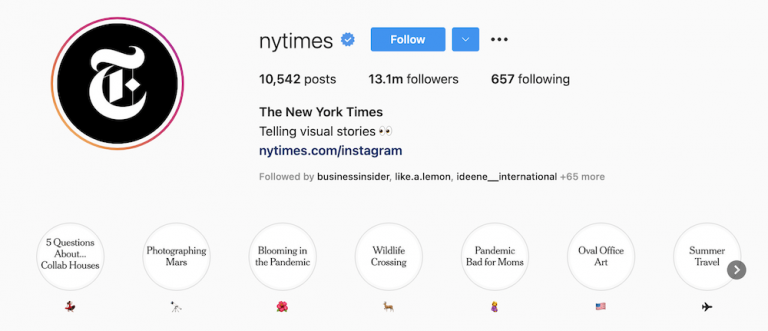
Being one of the largest new publishers in the world, The New York Times is obviously a company that cannot afford to have a slip-up with regard to social media. Employees need to be ultra-vigilant to ensure that the reputation of the publisher is never brought into disrepute. The Times created their social media policy in collaboration with a number of their editors.
An important point from their social media policy:
“We consider all social media activity by our journalists to come under this policy. While you may think that your Facebook page, Twitter feed, Instagram, Snapchat or other social media accounts are private zones, separate from your role at The Times, in fact everything we post or “like” online is to some degree public. And everything we do in public is likely to be associated with The Times.”
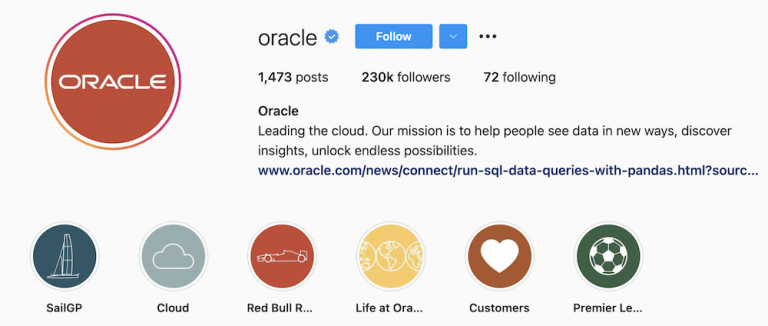
“Even if your social media activities take place completely outside of work, as your personal activities should, what you say can have an influence on your ability to conduct your job responsibilities, your teammates’ abilities to do their jobs, and Oracle’s business interests.”
Oracle very clearly outlines their policy, which consists of 11 key pointers. Some of these include:
- Don’t Speak for Oracle
- Protect Confidential Information
- Refrain from Objectionable or Inflammatory Posts
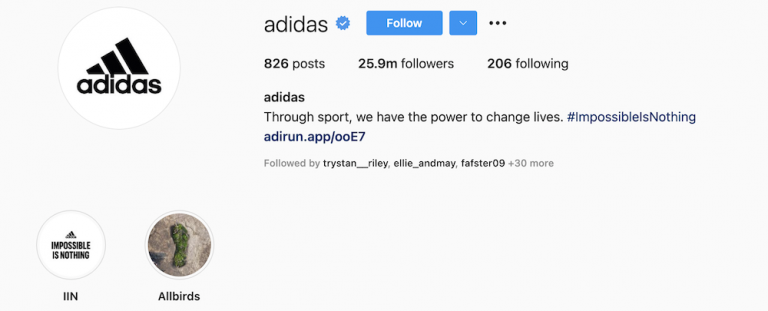
Adidas is obviously a company that relies on its reputation hugely. This is why many clothing brands rely on key influencers which are carefully selected to represent their brand. If these individuals post something which is deemed unsavoury, you can rest assured that Adidas would have its name dragged through the mud as well.
For this reason, they have developed a thorough social and digital media policy which covers a number of important topics such as taking accountability for your actions, using common sense, respecting your audience, and respecting copyright.
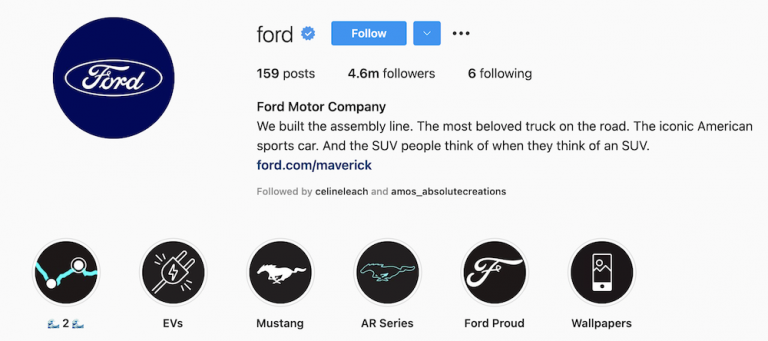
Although not the prettiest social media policy, Ford does cover some great points. The 5 core pillars of their policy are:
- Honesty about who you are
- Clarity that your opinions are your own
- Respect and humility in all communication
- Good judgement in sharing only public information – including financial data
- Awareness that what you say is permanent
One needs to keep in mind that just because you have mentioned that your views do not represent the company that you work for, and are your own, the organization can still be negatively affected due to the fact that they have hired you and you work there.
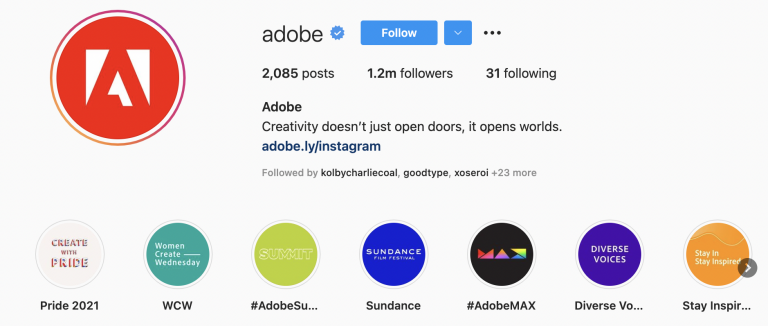
Adobe has made the mistake of incorporating their social media policy into their “Code of Business Conduct”. While this might not seem like an issue, a closer look reveals only 3 short paragraphs of information relating to social media conduct. This is, unfortunately, an error that many companies have and continue to make.
A social media policy is a non-negotiable in our day and age, and although they can be complicated to create and implement, Farosian is here to answer all your questions and assist with the design, development, and implementation within your organization. We would be doing you a disservice if we didn’t mention that fact that a social media policy forms one part of the larger social and digital media ecosystem.
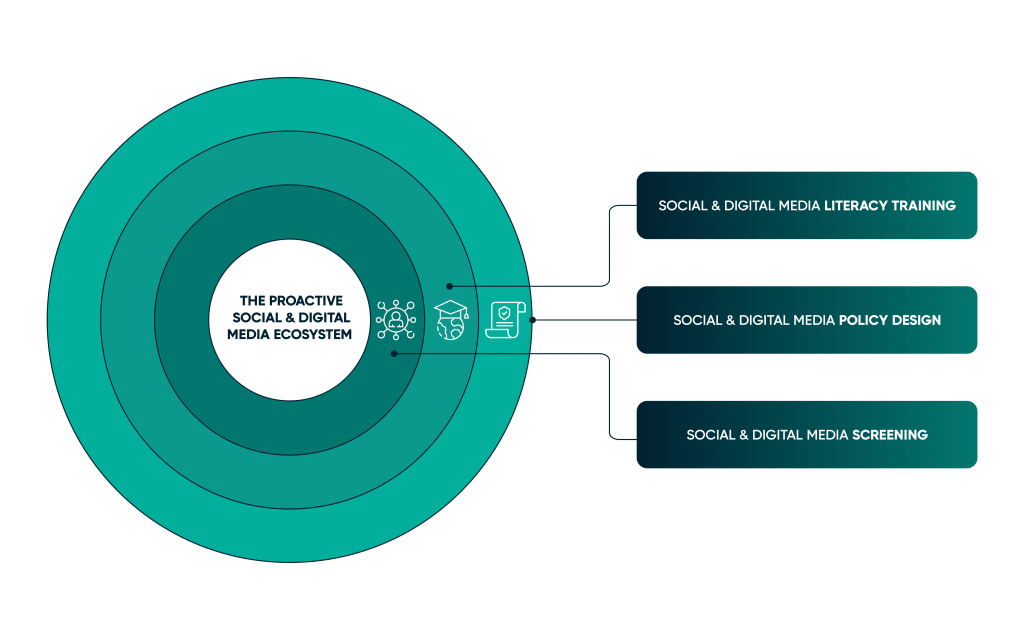
Farosian advises the curation of a social media policy, coupled with social media screening, and social media literacy training. This provides the guidelines for employees digital media conduct, as well as educates and up-skills them to ensure that they have the skills, and knowledge necessary to navigate the complex digital realm. Furthermore, if candidates have been screened, it will ensure that organisations hire right the first time round, and avoid situations where a social media policy would be required. Prevention is always better than cure. Get in touch today to see how we can help you.




